OR WAIT 15 SECS

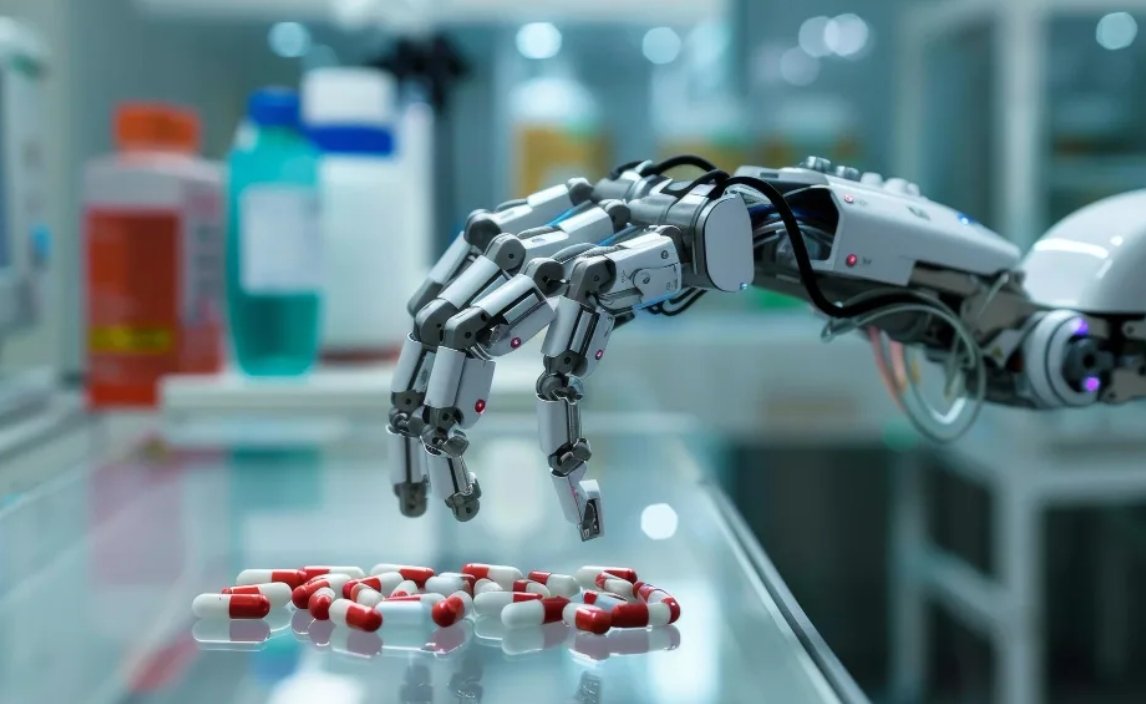

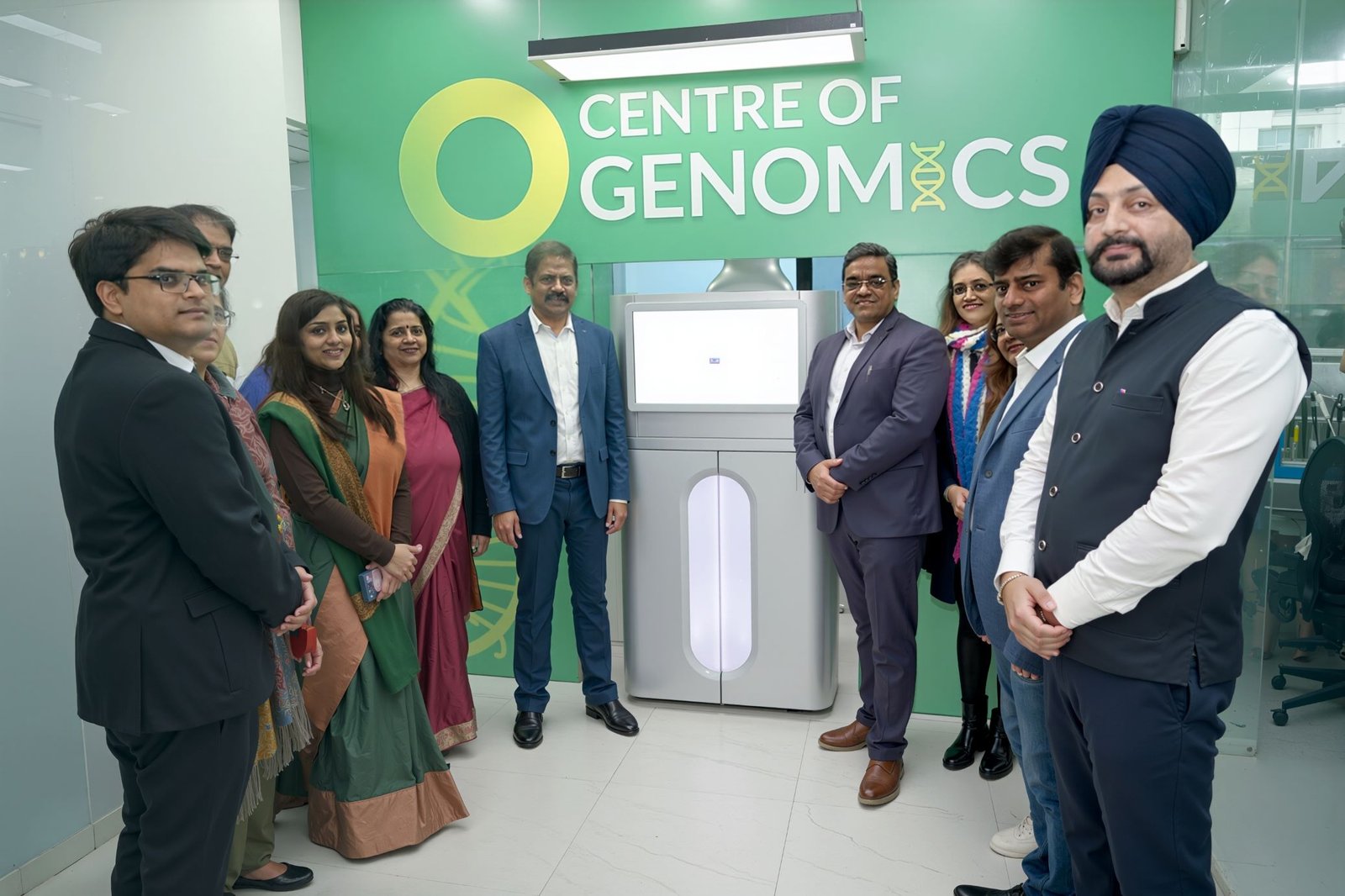

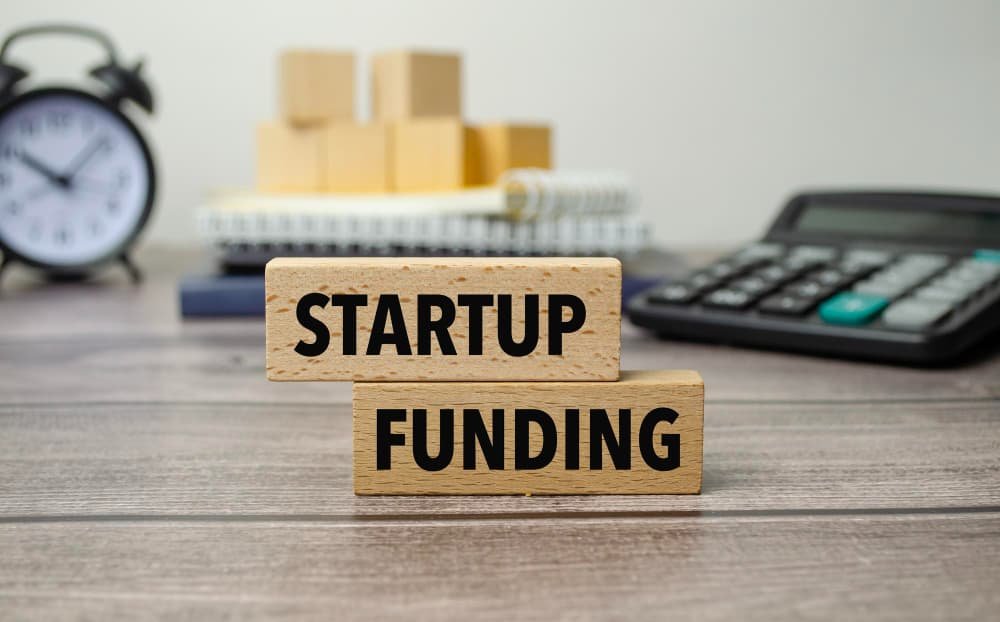

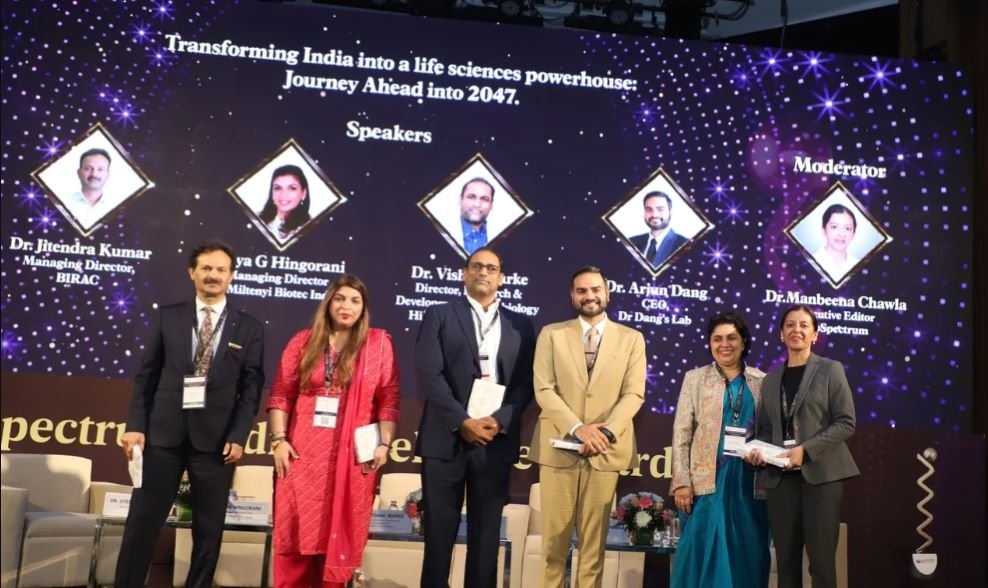

Your team has been recognised for Best Vaccine Efforts of the Year. What core breakthrough or strategic decisi...
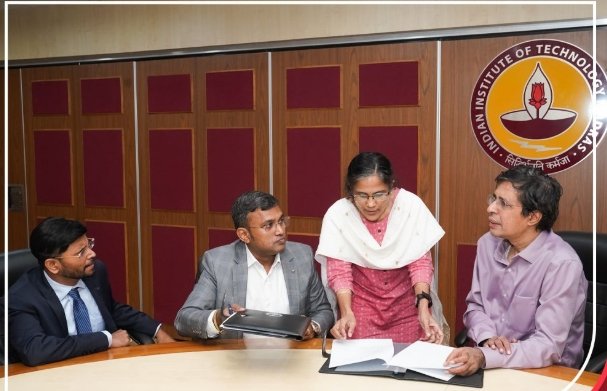
The Department of Engineering Design, Indian Institute of Technology, Madras (IIT-M) has signed a Memorandum o...

Mumbai-based startup Aksigen IVF has announced the launch of India’s first immersive IVF Knowledge Centr...



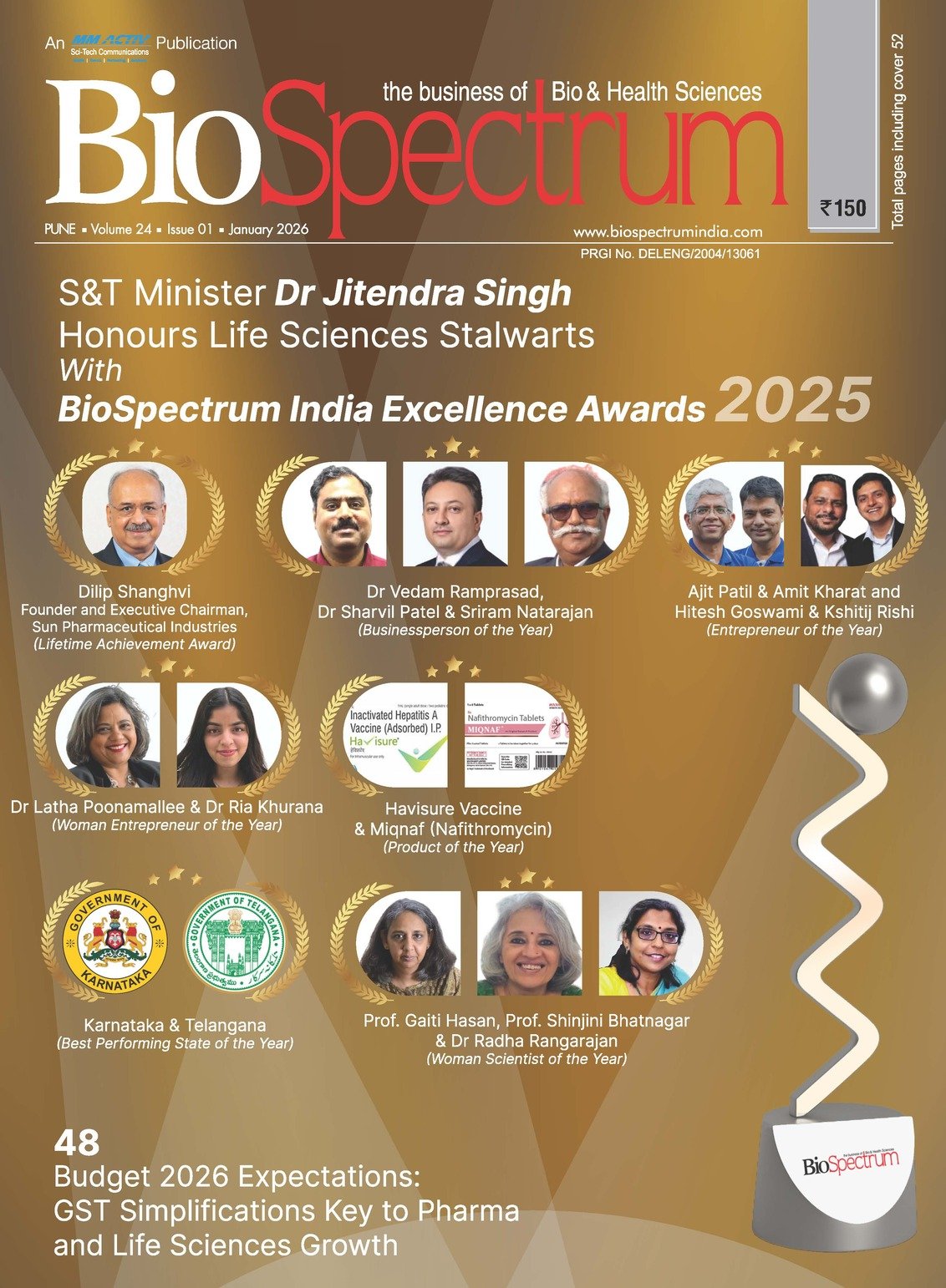
S&T Minister Dr Jitendra Singh Honours Life Sciences Stalwarts With BioSpectrum India Excellence Awards 2025
The Union Minister of State (Independent Charge) Science & Technology, Dr Jitendra Singh, honoured the leading figures of the life sciences industry for their contributions and achievements for the year 2023-24 and 2024-25 during BioSpectrum India Excellence Awards 2025 event, organised by BioSpectrum India, an integrated B2B media platform for the bioscience industry, and MMA Spectrum Foundation, in New Delhi.
For Feedback, please email us at: communications@mmactiv.com
Sign up here to access BioSpectrum India Flip Book.
Sign up here to access BioSpectrum India Flip Book